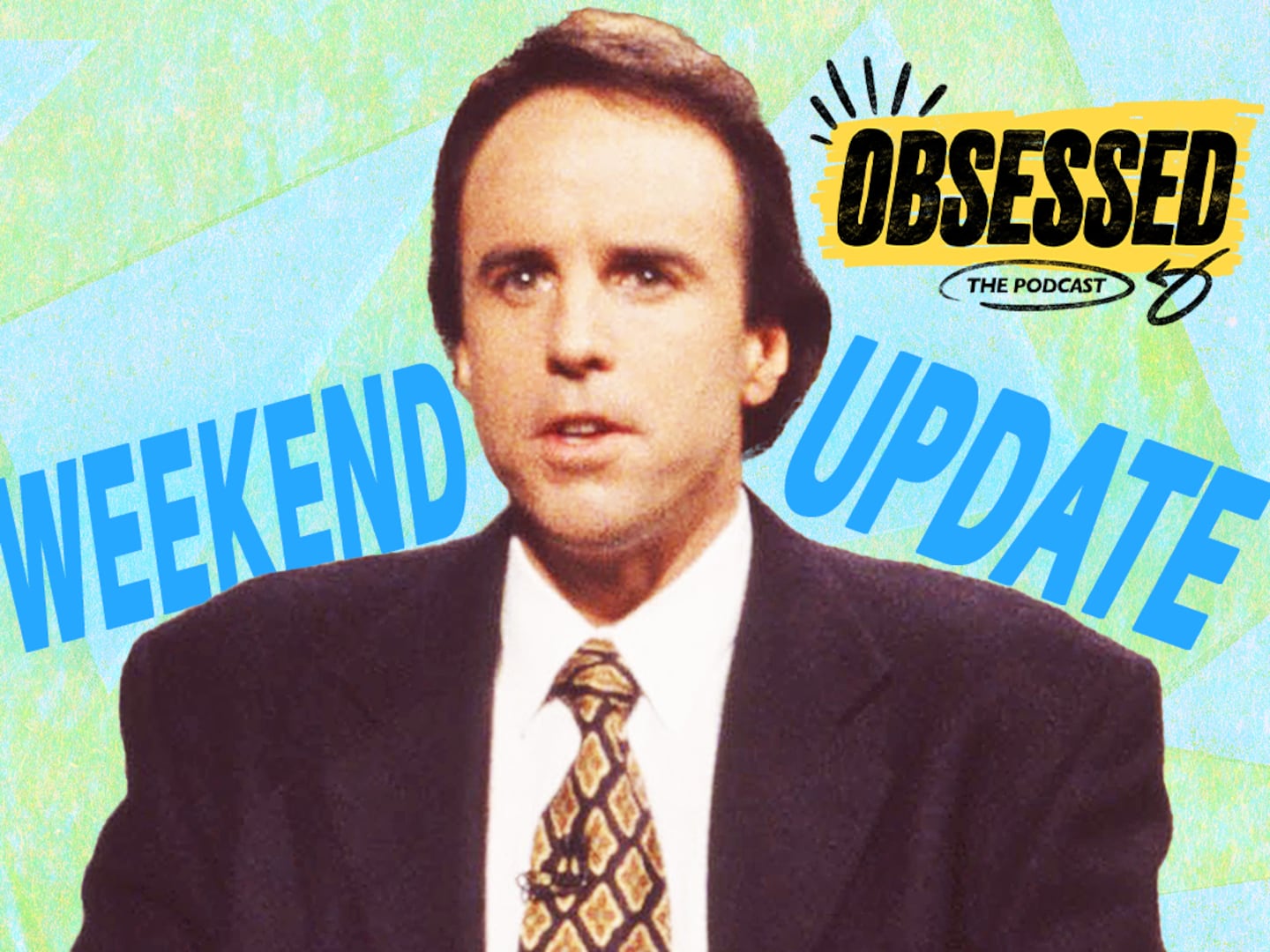Her most recent album, last year’s 143, was critically panned. The album’s lead single, “Woman’s World,” which relied on her tired girlboss feminism-lite from a bygone era rang especially hollow since it was produced by Dr. Luke, who was embroiled in emotional distress, sex-based hate crimes, employment discrimination, and defamation lawsuits with Perry’s contemporary, Kesha, for the better part of a decade.
She was eviscerated in the media for going to space for 11 minutes, and her long-term relationship with Orlando Bloom imploded.
Maybe this all stems from Perry’s misbegotten feud with the Catholic Church: In 2015, Perry tried to purchase a Los Feliz, Los Angeles, nunnery in a real estate deal gone wrong that extended all the way to the Vatican, which declined Perry’s purchase. Notably, one of the sisters who opposed Perry’s purchase, calling her “everything we don’t believe in,” collapsed and died during a court hearing. Not the best way to get God on your side…
This was clearly the inspiration for the latest episode of the CBS series Elsbeth.

The quirky titular lawyer-turned-investigator, played by Carrie Preston, investigates the death of a pop star at a nunnery, one she was trying to purchase no less. In addition to Perry, though, the late singer in question, Alaia Jade (Lindsay Normington), is a mish-mash of 2010s pop stars—Kesha, Lady Gaga, Taylor Swift—as well as the requisite reference to Madonna (the original pop idol to piss off the Catholic Church). Even Ace of Base gets a shout-out.

But where Elsbeth flips the script is with the nunnery’s Mother Superior, Sister Constance (Dianne Weist), getting the last laugh as she lures Alaia Jade to her death at the top of the church’s decrepit, 200-year-old belltower from which she falls to prevent the sale.
It’s no such luck for Sister Constance, with Alaia Jade’s predatory manager, Shane Sills (Ben Chase), decked out in Terry Richardson-esque black rimmed glasses to really hammer home the skeeze factor, intending to stage a hologram concert there. “We should be able to have an Alaia Jade hologram concert in time for Easter,” he says. “She is risen.” Remember Tupac Shakur’s hologram concert back in 2012? Even rap isn’t safe from Elsbeth’s biting social commentary.
Alaia Jade “signed a deal with the devil when she was 14” that gave Sills the rights to her masters, demos, and voice notes—which provide the key to the case as Alaida Jade obsessively recorded lyric inspiration into her phone, including Sister Constance’s directions to the bell tower that end up in her first posthumous single, “Resurrection.”
“That makes me feel icky,” says Elsbeth, calling to mind the struggle artists face to retain or, in some cases, regain ownership of their musical output as highlighted by Swift’s years-long rerecording project and buying back her masters earlier this year. After all, Swift was only one year older than Alaia Jade when she signed with Scott Borchetta’s Big Machine Records, whom the lyrics of “Father Figure,” which invoke the aforementioned “deal with the devil,” are supposedly about.

Alaia Jade’s image was decidedly messier than Swift’s. “No one likes a boring pop star,” Sills says of Alaia Jade’s manufactured malfunctions that got her branded as “a harlot who fell off the stage [at an awards show]” and discography of singles including “Snort It,” “Wet Spot,” “Blackout,” “Double Vodka Soda” and “WastedwithU”—“one word,” notes officer Nikki Reynolds (b). I took the liberty of assuming the abbreviated spelling of “you” as in the style of Kesha’s early songs, which Elsbeth is clearly trying to reference here, along with Britney Spears’ arguably best album, which was recorded at her worst moments.
But the difference between Alaia Jade (who, in reality, lived a life more akin to the nuns she was trying to evict) and Kesha and Spears is that the latter stars underwent very real struggles that manifested in their music. After Kesha sought treatment for an eating disorder in 2014 she returned in 2017 with the album Rainbow and the affecting lead single “Praying,” the spiritual theme of which doesn’t go unnoticed here.
The karma of Perry’s repeatedly bad choices, exemplified by metaphorically spitting in Kesha’s face by working with Dr. Luke after the things she alleged against him, has perhaps come back to haunt her. But, as Mother Constance says, “it isn’t god you should be worried about.” It’s the court of public stan opinion which has repeatedly ruled against Perry, including Elsbeth.








